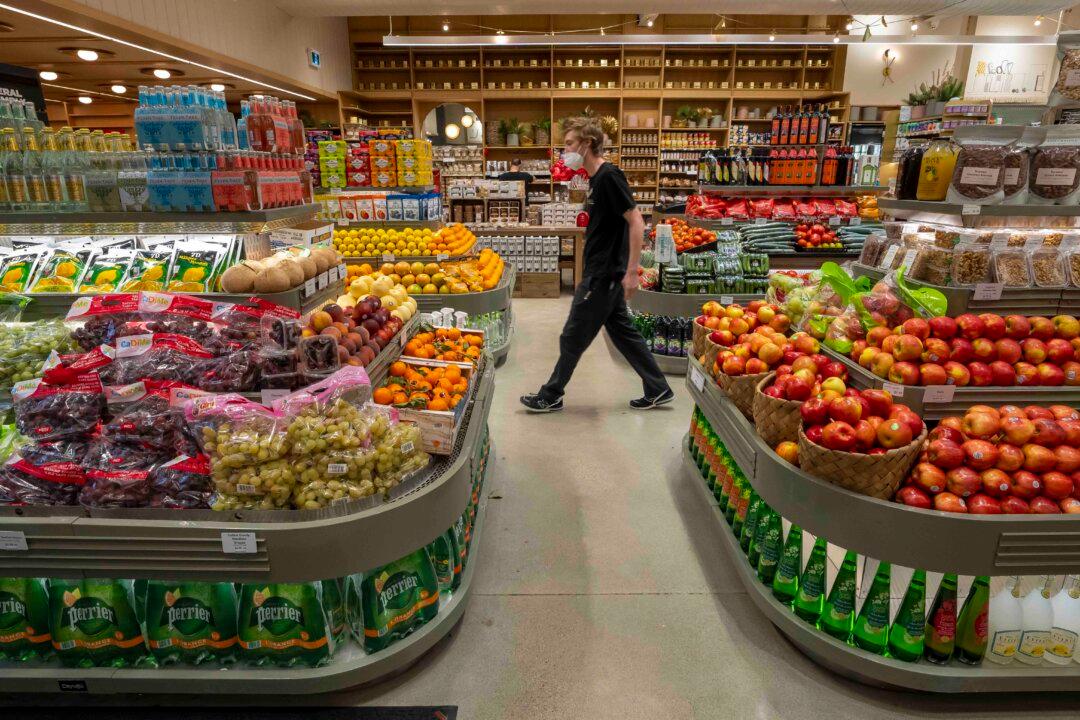Commentary
It’s fun getting new stuff, isn’t it? I feel certain some shiny new stainless steel mixing bowls to replace the shabby old chipped glass ones in my kitchen cabinet will improve my cooking considerably. And the chattering classes are all excited that Canada has a new federal cabinet. Can dazzling policy innovation be far behind?





